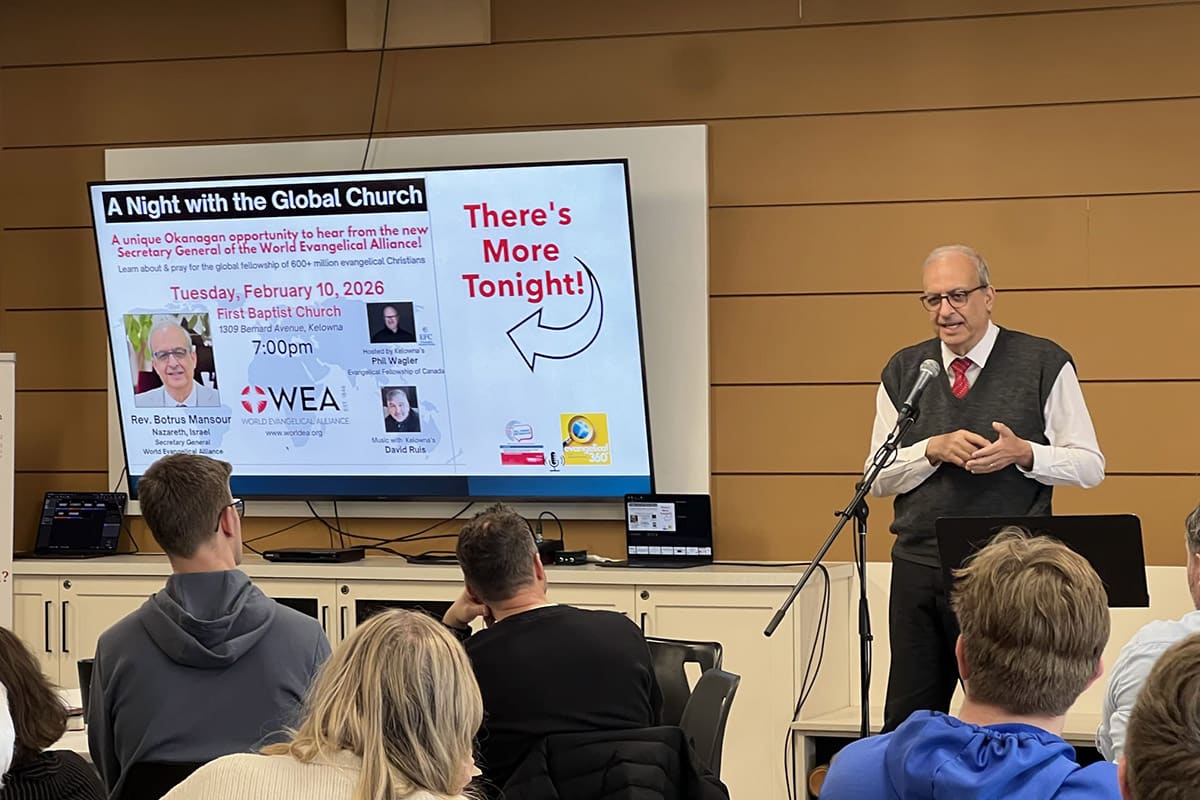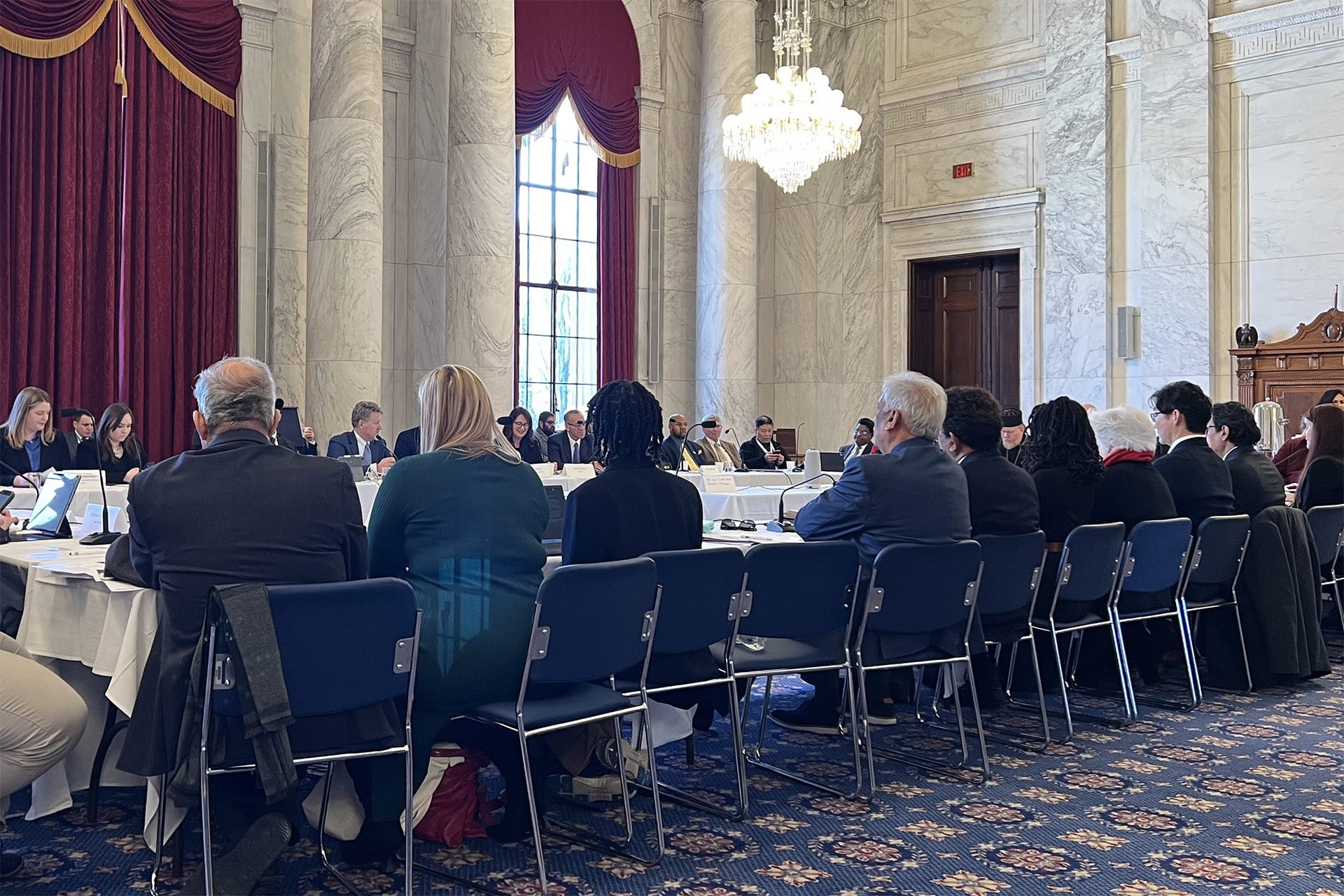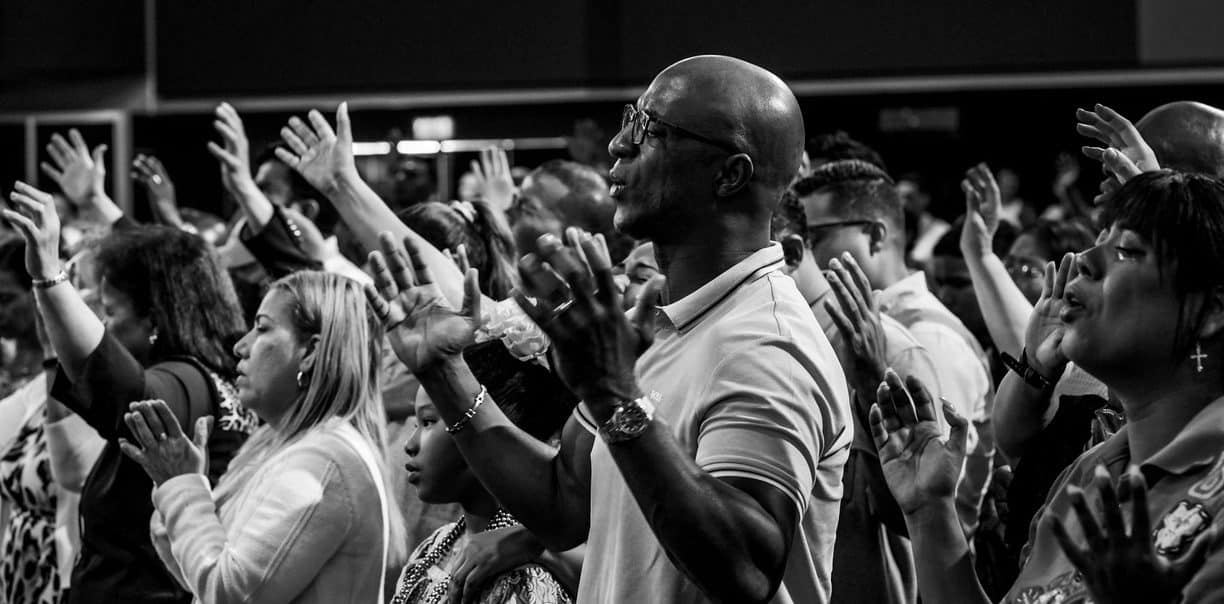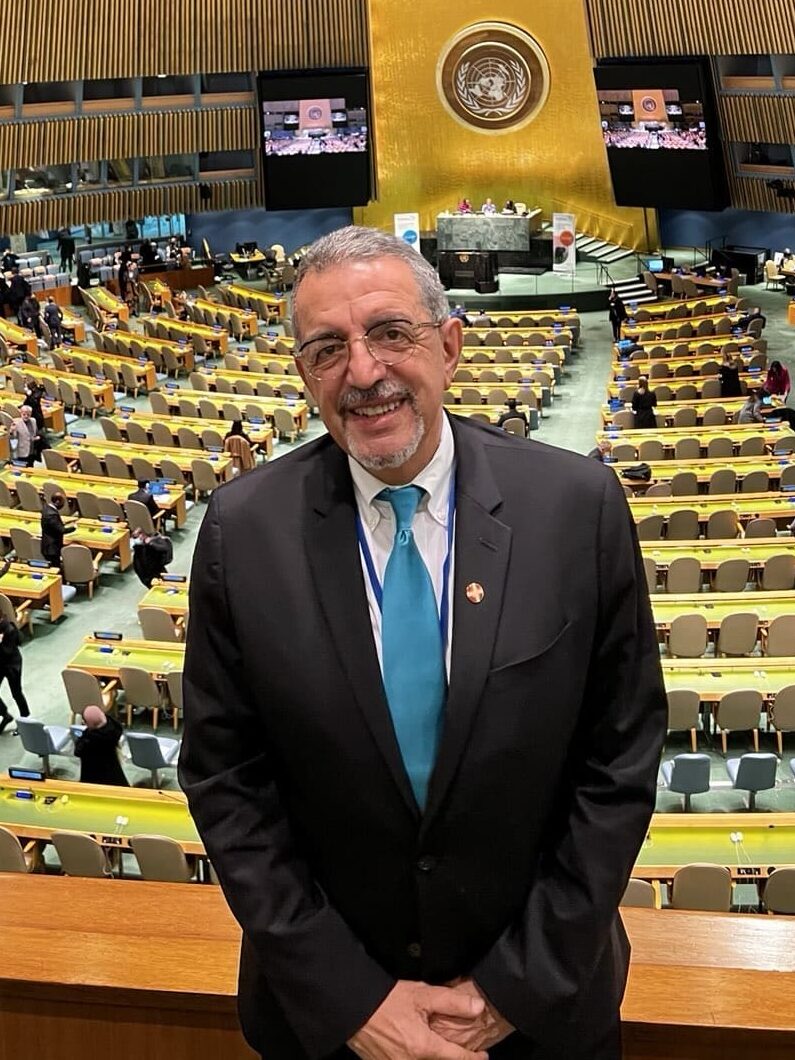by Johannes Reimer
More than 400 Ukrainian Orthodox priests under the authority of the Moscow Patriarchate of the Russian Orthodox Church have called for international condemnation of their Patriarch, Kirill, because of his adherence to Russian nationalism and his tacit support of the invasion of Ukraine.
One of those priests, Andrey Pinchuk, stated that the war in Ukraine is a direct result of the doctrine of “Russki Mir” in the Russian Orthodox Church. He called this doctrine a “type of church fascism.”
Russki Mir means “the Russian world.” A term with deep historical roots dating back to medieval times, it is used today to describe Russians as an ethnic entity and a global community, not limited to Russian territory. Historically the term described “the Russian state and empire as a distinctive civilizational space.” Used already in Medieval sources, for example, to describe the civilization of ancient Rus as a Russian world, “Russki mir” was widely used by Pan-Slavic authors since the 1870s capturing a world inhabited by Slavic tribes united in Orthodox faith, culture and mentality. The Russian Orthodox Church of the Moscow Patriarchate has been associated with this vision for centuries.
The idea of Russianness as a definition of identity re-emerged soon after the collapse of the Soviet Union, which left ethnic Russians and Russian speakers as a minority in all the newly formed independent states. Amidst this dissolution of national ties among people of Russian ethnicity, the idea of Russki Mir as “a spiritual, cultural and social frame of reference for a civilized society” was rediscovered.
Patriarch Kirill became the main promoter of this nationalist idea. He defines Russki Mir as a “special civilization … which needs to be preserved. For Kirill, Russki Mir is a political, spiritual, and cultural concept that runs counter to all cultural melting pots and also opposes Euro-American ways of life. To follow Russki Mir, according to the Patriarch, is “to obey God Himself.”
a kind of commonwealth of nations rooted in Russki Mir and Orthodoxy, including especially Russia, Ukraine, and Belarus. In his view, Moscow and Kiev should be centers of a spiritual and cultural world united by shared values. Kirill does not speak explicitly of reuniting these countries politically, but his vision could not be fulfilled in any other way.
No wonder that Vladimir Putin, who constantly laments the dismantling of the Soviet Union and Russia’s loss of imperial power, has found Kirill’s “Russki Mir” dreams enormously attractive. His war against Ukraine is consistent with, if not consciously motivated by, Kirill’s vision. Since Putin became president of the Russian Federation, he has repeatedly stressed the importance of supporting Russians wherever they may live in the world. He often uses the term “Russki Mir” to describe Russians living both in and outside of Russia.
In this context, the logical connection that the Ukrainian Orthodox priests within the ROC draw between Kirill’s idea of a Russian world commonwealth and the war in Ukraine certainly makes sense.
Putin himself is an avid supporter of Russki Mir. He has created various institutions designed to support ethnic Russian compatriots living outside Russia, including the Russian World Foundation, founded in 2007 and now active in 80 countries. The RWF is not just a cultural organization but an institutional expression of Russki Mir and an instrument of Putin´s foreign policy. As Polish political scientist Michal Wawrzonek explained, “The neo-imperialist goals of Russian policy toward Ukraine in recent years have received a doctrinal foundation—the concept of the Orthodox civilizational community—the Russkiy mir.” In language that may sound strikingly familiar to students of Nazi Germany, Putin has even suggested that Russians have a “genetic code” that is “almost certainly one of our main competitive advantages in today’s world.”
The irony of Putin’s vision of Russki Mir and a superior Russian race is that it is rapidly being undermined even in his own country. As of the 2010 Russian census, 80.9% of the population claimed to be ethnically Russian. But many of these have mixed ethnic identities, and many others have adopted Russian nationality for political or strategic reasons. When I lived in the Soviet Union, officials often encouraged me, an ethnic German, to change my nationality to Russian. “You are limiting your chances,” they argued, “by not being Russian.”
Massive immigration from Central Asia, the Caucusus, China, and elsewhere is pushing the percentage of ethnic Russians down further each year. Moscow ranks third among European cities in the number of migrants. Few of them are either Orthodox in religious affiliation or enamored with Russki Mir. As a basic philosophy on which to rebuild the Russian Empire, Russki Mir seems bound to fail.
In fact, exactly the opposite is happening. People of hybrid ethnicity are leaving their Russianness behind and returning to their original ethnicity. The process, according to some historians, may end in a dissolution of what is left of the once-glorious Russian Empire. Putin´s push for an exclusive Russian ethnos may prove to be the biggest political mistake of the Russian administration.
As a leader in the world’s largest evangelical organization, I feel that I can help to peacefully undermine Putin’s dream of restoring the Russki Mir through military conquest. I am encouraging evangelical Christians through Russia and former Soviet republics to reach out to people in their own language, whether it is Tatar, Yakut, or Ukrainian. Bible translations into most languages spoken in Russia have been completed, so evangelicals need not rely on Russian as their language of spiritual communication.
By following this example, everyone who interacts with Russia, Central Asia, and Eastern Europe can reduce the risk of Russki Mir becoming a global threat as the idea of a superior German race did 80 years ago.
Johannes Reimer is director of public engagement for the World Evangelical Alliance.





Stay Connected